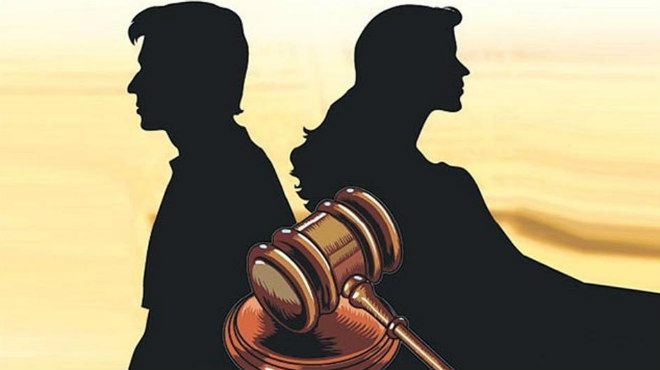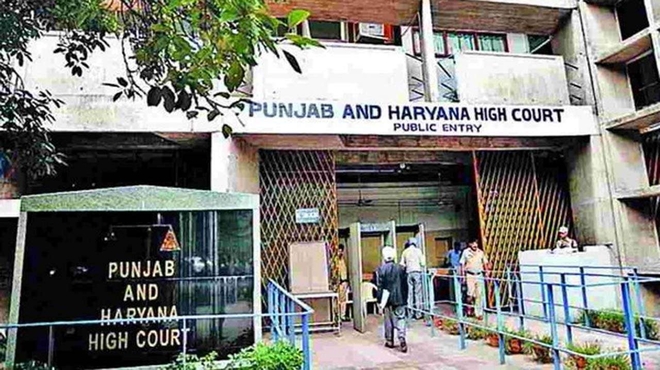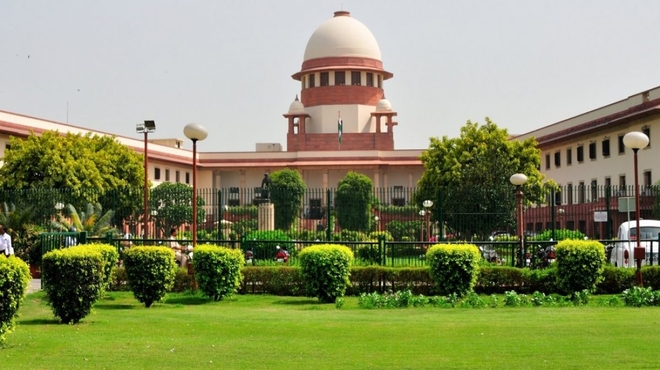Amit Shah, the current Union Home Minister has tabled 3 bills in the Lok Sabha on August 11, proposing to reform the India's criminal Justice system. The 3 Bills are as follows:
-
Bharatiya Nyaya Sanhita Bill, 2023
-
Bharatiya Nagrik Suraksha Sanhita Bill, 2023
-
Bharatiya Sakshya Bill, 2023
These Bills are introduced to replace the colonial era's criminal justice system, including the Indian Penal Code, 1860, Criminal Procedure Code, 1898 and the Indian Evidence Act, 1872.
According to Amit Shah, the three laws should be replaced since from 1860 - 2023, India's criminal justice system functioned as per the laws made by the British.
Highlights of the 3 Bills
The new proposed Codes are written in simpler language and propose stricter punishment for crimes against women and children, define terrorism and mob-lynching as new offences, fix accountability of cops for arrests, and also seeks to decongest the prisons by releasing convicts who have served 1/2 their jail sentences.
Provisions for summary trials for trivial/petty crimes, time-bound trials, recording of statements of victims of sexual abuse at her own home by a female magistrate etc. have also been included in the Bills. Among the above-mentioned highlights, the proposed laws also set timelines for chargesheets and verdicts and limit adjournments for them.
According to the Home Minister, & quot The colonial-era laws were meant to protect the state and punish the subjects, whereas the proposed changes are meant for deterrence and ensuring justice to the victim. Justice delivery will be central to the new legal architecture” .
Procedure likely to be followed for the new Bills
The Bills have been currently referred to a Parliamentary Standing Committee. Each Bill will have its independent route. The Bills will be discussed clause by clause and representatives of the Home Ministry will be invited to give testimony on the provisions of the Bills.
A public notice inviting relevant stakeholders/experts (lawyers, law students journalists, etc.) will also be sent in order to get opinions on the bills.
Once the Bills have been sufficiently deliberated upon, the Committee will deliver a comprehensive report to the government and provide recommendations.
The government generally incorporates several changes into the Bills after taking into account the recommendations made by the committee.
If there are not many recommendations to be incorporated, the government may introduce the changes as amendments to the original bills. If, however, there are significant changes to be made, the government may withdraw the bill and introduce a rectified/modified bill.
Once the Bills are in their final forms, they will be placed back into Lok Sabha for debate. If they are passed by simple majority, they will be presented in Rajya Sabha where they will be debated upon once again and be put up for debate.
Once the Bills are passed by both the houses, they will be sent to the President for the presidential assent. Once this entire procedure will be completed, each Bill will become an Act.
.jpg)
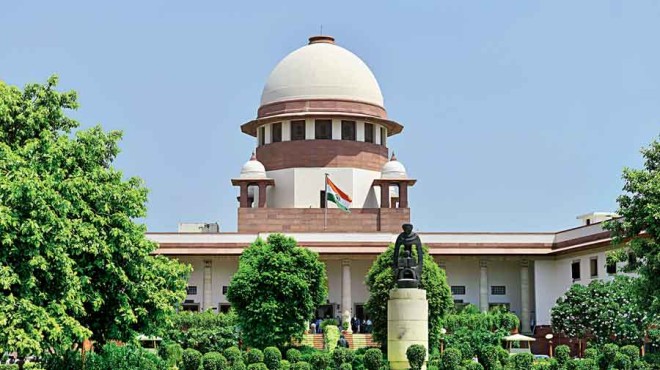


 665+ Lawyers are online
665+ Lawyers are online 

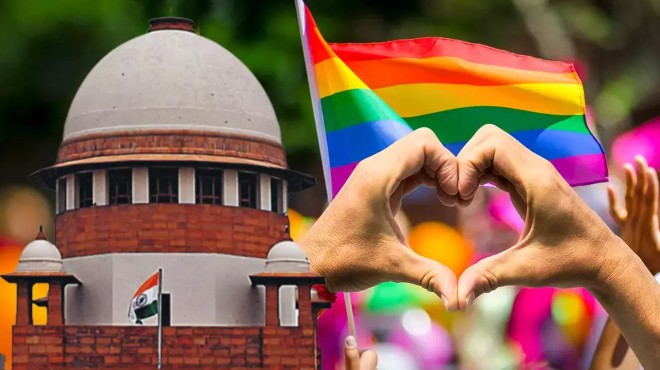
.jpg)
